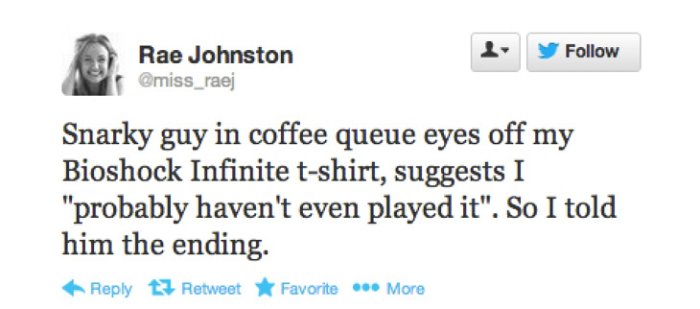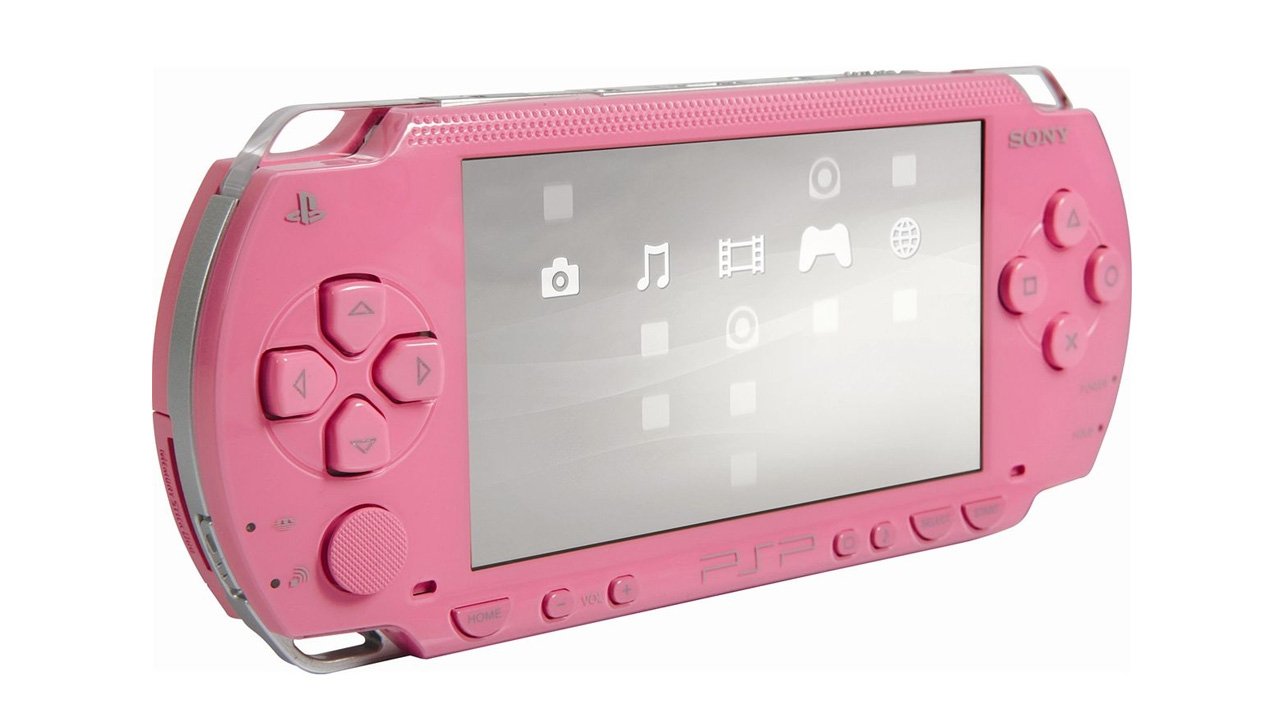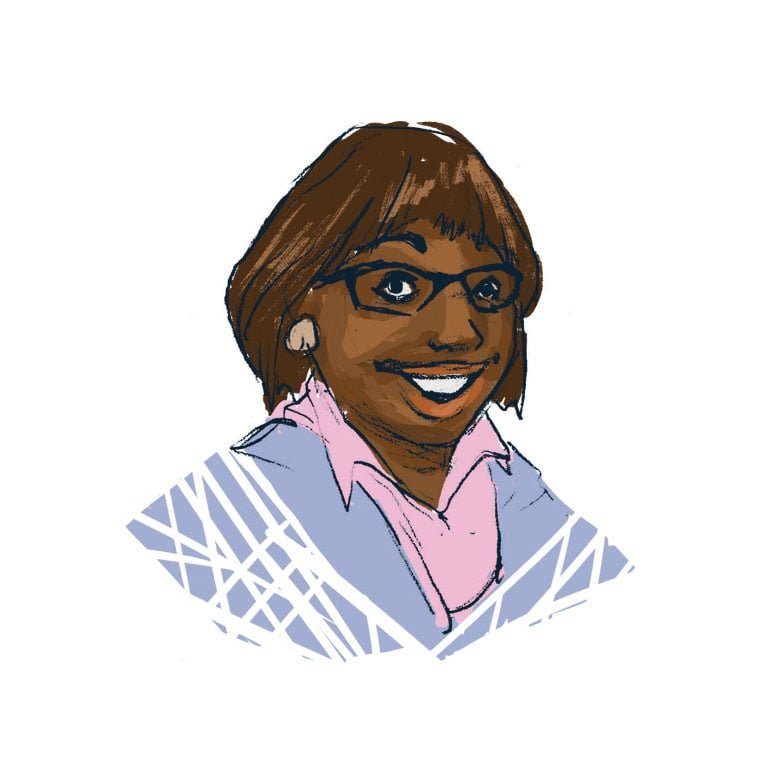This article is the first of a three-part series dealing with women in gaming. This particular article discusses the harassments female gamers experience, using Shannon Sun-Higginson’s GTFO: A Film About Women in Gaming as a foundation.
Shannon Sun-Higginson, a filmmaker from New York, can agree that sexism in gaming is a touchy and challenging subject for women, often wrought with physical and sexual threats, harassment, and hordes of angry gamers, who—insidiously—reiterate the notion the videogame community belongs to males only. According to the Entertainment Software Association, 47 per cent of players are women; 30 per cent of adult women represent the greater portion of the pie that is the gaming population.
The videogame industry—a multi-billion dollar dynamic business—appears to be in a state of gender revolution; women are becoming more inclusive and outspoken, championing equality and realistic videogame representations. Amidst the flock of white sheep stands a black one, as Sun-Higginson figured out, upon encountering a message courtesy of harassment catalogue website, Fat, Ugly or Slutty: “Get back in the kitchen.” Despite admitting to being a casual gamer, Sun-Higginson was baffled by the apparent chauvinism experienced by both female gamers and industry workers. She launched a Kickstarter in March for her documentary, GTFO: A Film About Women in Gaming.
Deriving its name from one of the acronyms women experience in gaming—Get The F—k Out—Sun-Higginson explores the harassment women experience within the videogame industry. With the Kickstarter campaign ending on May 10, Sun-Higginson was able to meet her goal and raise $33,706. Many in the videogame industry are now interested in seeing how this documentary turns out.
“It is our hope that this documentary does what it promises: provides a good picture of both the good and the bad in the industry and also the good nature of the gaming community,” writes GamePolitics, a political-based gaming website.
Indeed, Sun-Higginson will do her best to maintain a neutral stance, especially when it comes to an issue—a blemish, if you will—that has reared its ugly head too many times. A study done this past fall by Ohio University found women are more likely to receive harassment within online communities. To further this claim, Fat, Ugly or Slutty has hordes of documentation, all of which are explicit, harmful and downright crude.
From playing Call of Duty to Gears of War, it seems no female could escape the confines of such derogatory comments to her appearance and sexuality. The following quote takes the cake: “Do you live on a chicken farm? Because you sure know how to raise c—ks.”
Given the nature of the Internet, it’s quite liberating to act in a manner unachievable in real life. And given the anonymity and freedom of speech, it can be liberating to be uncensored, and troll. Henceforth, counterarguments such as “It’s the Internet”, “Deal with it” and “If you don’t like it, don’t play” are often remedies to quell the illness. Even some female gamers adopt this mentality, implying they are either desensitized or accept the notion online malfeasance (whether experienced on Xbox Live, PlayStation Network or PC networks) is here to stay. Miranda Pakozdi, who was 25-years-old at the time of last year’s Cross Assault tournament incident, learned her harassment was—as her coach, Aris Bakhtanians, bluntly stated—normal of the fighting game community.

Capcom-sponsored Cross Assault brought together ten experienced Street Fighter X Tekken contestants—five representing Street Fighter, and five representing Tekken—vying for the prize of $25,000. The televised, reality fighting game tournament brought out the worst in others, including Bakhtanians himself. As The New York Times reported, Bakhtanians interrogated Pakozdi (who was part of the Tekken team) on camera about her bra size, and instructed her to take off her shirt. He made provocative comments about Pakzodi’s chest, feet and legs, and leaned over to smell her. Eventually, Pakozdi forfeited the tournament after her failed attempts to defend gender equality, while Bakthanians proclaimed the harassment was just joking.
However, Bakthanians eventually apologized for his controversial comments. According a statement on TwitLonger (a site allowing tweets of 140 characters or more), Bakthanians cited conservative, professional league members were threatening the fighting game community he has loved for 15 years. There are no mentions of Bakthanians directly apologizing to Pakozdi herself.
The issue of sexism in gaming not only affects females, but also males. It should be noted not all males have a backwards mentality; moreover, some males are quite appalled by the gender dissonance within the gaming community. Amidst the males advocating against such prejudice is Sam Killermann, founder and director of Gamers Against Bigotry (GAB). According to the official website, GAB aims to ensure equality amongst gamers of every identity. Killermann believes bigotry of all kinds was never a part of gaming culture in the first place, but rather an adopted behaviour characterized by hatred and anonymity.
Last year, Forbes interviewed MMO player James Bosier. A father who enjoys playing games with his daughter, Bosier expressed his concern for the blatant harassment and sexism women experience.
“[Harassment] diminishes the game experience for everyone,” Bosier told Forbes. “It plays into the stereotype that people who play games are nerdy, misogynistic men who live with their parents. It continues to prevent us from being a more respected medium.”
Granted, the videogame industry is far from perfect, inasmuch the industry itself is a product of its own environment. Whatever gender issues experienced within the gaming community reflects the said issues deeply rooted within society. The interesting part of Sun-Higginson’s GTFO is her point-of-view—again, she’s a casual gamer. If anything, this says something: although being an outsider as compared to hardcore gamers, Sun-Higginson communicates through GTFO that one doesn’t have to be involved in the gaming industry nor community to realize harassment and sexism in gaming is a problem. And with the articles, documentaries, advocacies, etc., that constantly shed light on a dark issue, it seems harassment and sexism in gaming has become a pandemic.
The real cure is respect. Respect for ourselves, and respect for others. Whether it’s online or offline, responsibility for and accountability of one’s actions shouldn’t be overlooked.




